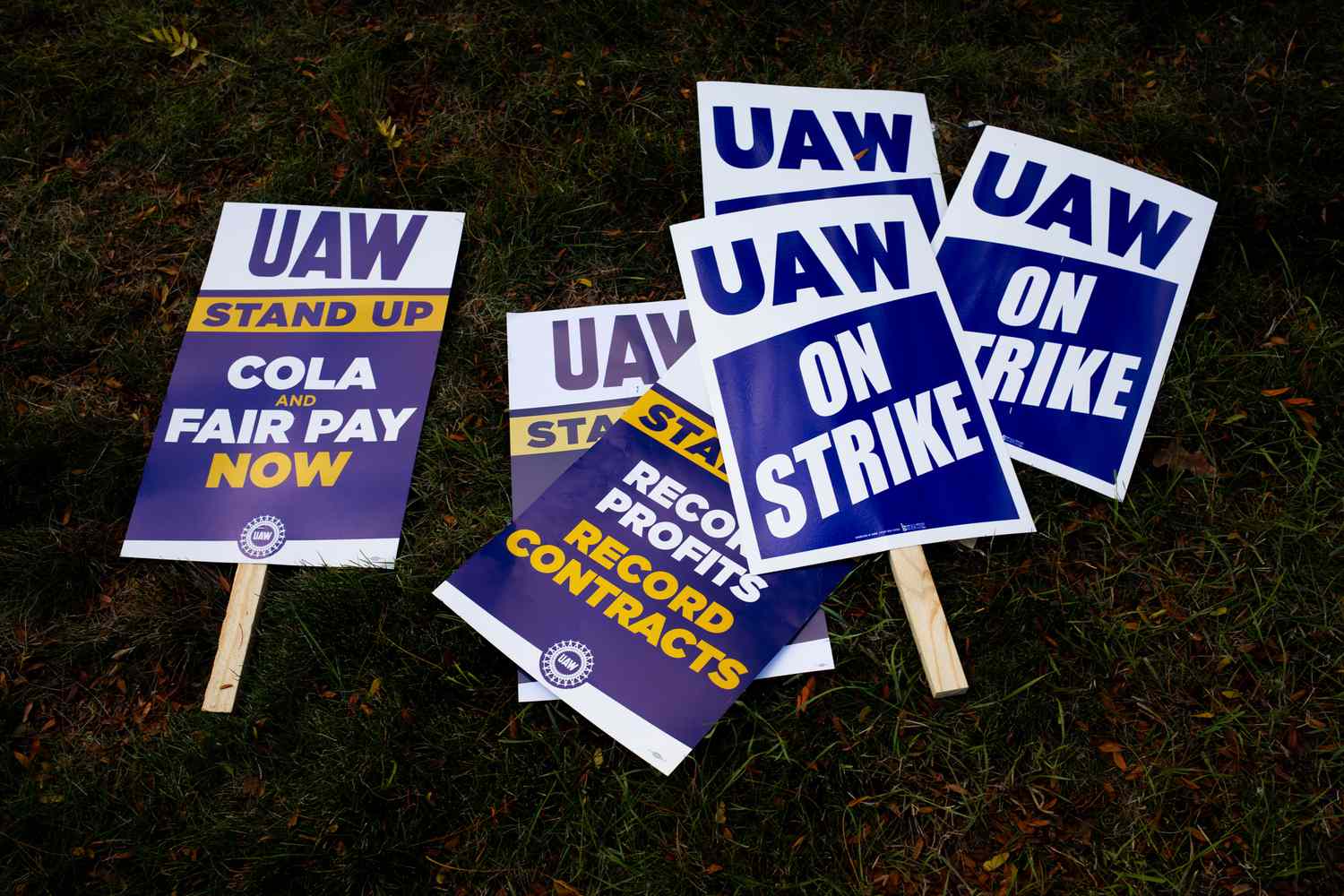With the deadline approaching for the expanded strikes by the United Auto Workers (UAW) against the Detroit automakers, substantial progress remains elusive.
The UAW and the major automakers—General Motors, Ford Motor, and Stellantis—continue to hold firm on their demands, and it appears likely that the union will initiate strikes at additional plants, potentially at all three companies, starting at noon on Friday, as previously warned.
Despite ongoing negotiations, there has been minimal movement in proposals since the strikes began on September 15 at assembly plants in Michigan, Ohio, and Missouri.
Sources familiar with the discussions describe a significant gap between the demands and offers from both sides, with the parties remaining “far apart.”
Central to the discussions are key economic issues and benefits, including hourly pay, retirement benefits, cost-of-living adjustments, wage progression, and work-life balance.

These issues are interrelated and can shift based on changing priorities.
Each automaker has its own specific concerns, but generally, the companies aim to avoid fixed costs and what they term as “uncompetitive practices,” such as traditional pensions.
The union, on the other hand, seeks to recover benefits lost in previous negotiations and secure substantial increases in pay and other benefits while maintaining high-quality health care for its members.
The ultimate issue is the cost of any potential deal for the companies. Wall Street is anticipating record-breaking settlement costs, though still less than the $6 billion to $8 billion the union is seeking, according to Wells Fargo.
Automakers have resisted returning to traditional pensions, preferring to maintain 401(k) plans.
Ford’s recent proposal included a 6.4% company contribution and $1 per hour worked, with no cap on contributions. GM also proposed an unconditional 6.4% 401(k) contribution for employees not eligible for pensions.







Leave a Reply